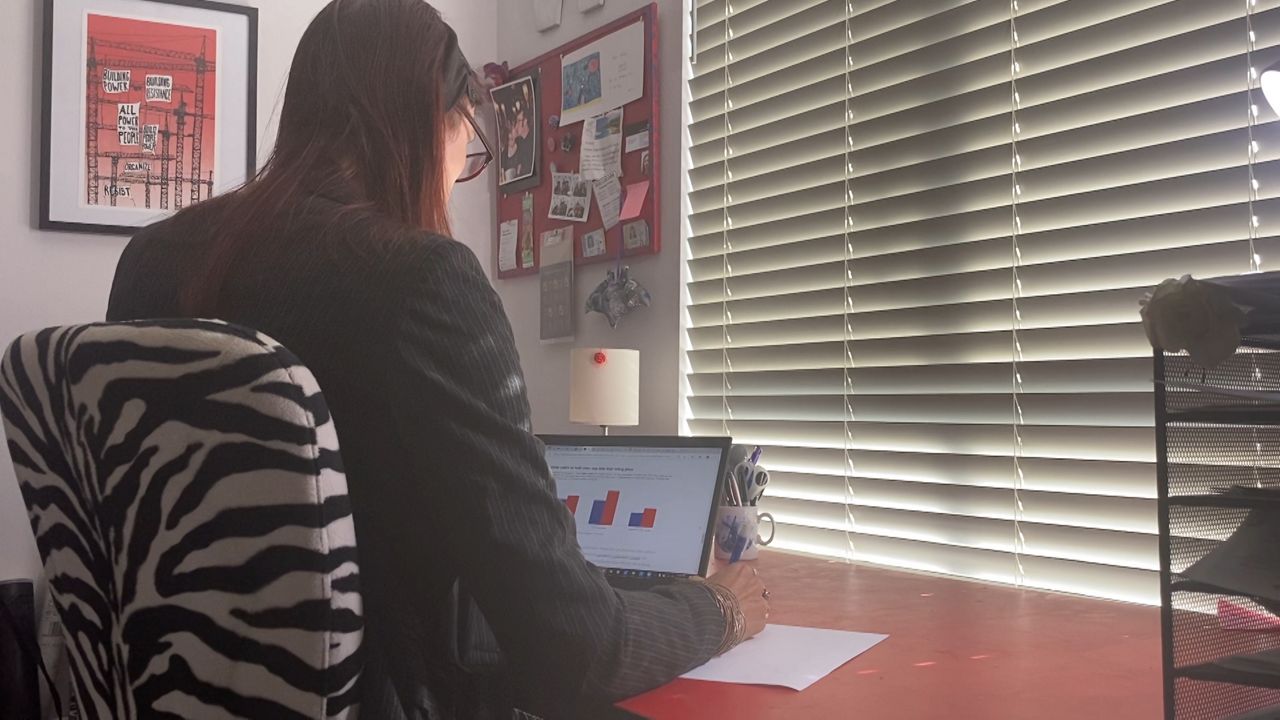LOS ANGELES — For the past two elections, presidential polls have been missing the mark when it comes to predicting how voters will vote.
But Wändi Bruine de Bruin, a researcher with a background in psychology, thinks the polls might be asking the wrong questions.
What You Need To Know
- Presidential polls have been missing the mark in recent elections
- One researcher thinks polls might be asking the wrong questions
- Pollsters might not realized that some voters might not be honest about their own vote
"I try to understand how people make judgements and decisions, and how they make up their mind about elections," Bruine de Bruin said. "So my work and that of my colleagues had suggested that people are influenced by others, that they pay attention to what others do."
Most polls focus on asking the subject how they will vote, and what pollsters might not realize, according to Bruine de Bruin, is that some voters might not be honest about their own vote, or maybe they just haven’t made up their minds. That’s why Bruine de Bruin and her team of researchers at USC Dornsife decided to ask voters the following question in the USC Dornsife Daybreak Poll:
"Out of all of your social contacts who live in your state and are likely to vote in the 2020 U.S. presidential election, what percentage do you think will vote for:
- Donald Trump (Republican)
- Joe Biden (Democrat)
- Someone else"
"When you ask people about the others around them, you implicitly or indirectly increase your sample size because you’re not just including information about the people you are polling, but also about their circle," Bruine de Bruin said.
Related Stories
According to Bruine de Bruin, that question accurately predicted presidential elections internationally — for Trump in 2016 and now for president-elect Biden in 2020.
"Currently, the election outcome that we’re finding is that Biden has a lead of 3.8 percentage points, and the social circle question predicted a lead for Biden of 3.4 percentage points," Bruine de Bruin said. "So, that is relatively close."
The future of polling isn’t clear, but Bruine de Bruin is hopeful that her research and this simple question could present a window into how voters lean in future elections.



